Are you gearing up for a salary negotiation in your job application? Navigating discussions about compensation can feel daunting, but with the right approach, you can secure the salary you deserve. In this article, we'll explore effective strategies that not only highlight your value but also showcase your worth to potential employers. Stick around to discover tips that will empower you in your next negotiation!

Clear and polite tone
When considering salary negotiations, it's essential to approach the situation with clarity and politeness. Prior research on industry standards for the position can provide a solid foundation for discussions. Articulate your skills, experiences, and the value you bring to the organization. Emphasize a willingness to collaborate on compensation while expressing enthusiasm for the role within the company culture. A clear breakdown of expected salary ranges based on market data, along with any additional benefits or incentives, can help in achieving a favorable outcome.
Justification for salary request
Conducting a salary negotiation requires a clear understanding of the value an individual brings to an organization. For instance, professionals with five years of experience in data science, particularly in industries such as technology or finance, may justify a salary request of $100,000 by highlighting their proficiency in programming languages like Python and R, which are crucial for data analysis. Additionally, showcasing successful projects that increased efficiency or revenue by a significant percentage can strengthen the case. Consider referencing market averages from reputable salary surveys in the sector, such as the Robert Half Salary Guide, which indicates comparable positions in the same geographic area earning between $90,000 and $120,000. Emphasizing unique skills, certifications such as AWS Certified Data Analytics, and previous accomplishments also enhances the argument for a higher salary, demonstrating a strong fit for the role.
Research on industry standards
Research on industry standards reveals significant insights into salary expectations for specific roles within the job market. For example, according to the Bureau of Labor Statistics, the median salary for software developers in the United States stands around $112,620 as of May 2023. Geographic location plays a crucial role; software developers in the San Francisco Bay Area typically command salaries exceeding $150,000 due to high living costs and demand for tech talent. Additionally, industry-specific reports from Glassdoor indicate that companies such as Google and Amazon offer total compensation packages that often include bonuses and stock options, substantially increasing overall earnings. Furthermore, job titles and levels of experience influence compensation; entry-level positions may start around $85,000, whereas senior roles can exceed $200,000. Understanding these nuances is vital for effectively negotiating a competitive salary package aligned with market standards.
Value proposition and achievements
A well-structured value proposition during salary negotiations can significantly leverage your achievements to secure a favorable compensation package. For instance, a software developer who successfully led a project that increased the company's revenue by 30% within six months possesses demonstrable value. Highlighting specific skills, such as expertise in Python and Java, enhances the appeal. Additionally, mentioning participation in prominent tech conferences, like the 2022 Developer Summit, showcases industry recognition. Incorporating metrics, such as improving system efficiency by 25%, establishes a clear connection between accomplishments and their financial impact on the organization. This detailed approach reinforces your worth in the negotiation discussions.
Flexibility and willingness to negotiate
Job seekers often face the challenge of negotiating salaries during the hiring process. Effective negotiation skills can lead to favorable outcomes, allowing candidates to secure compensation that aligns with their qualifications and market rates. Research by Glassdoor indicates that 60% of candidates leave money on the table due to a lack of negotiation. Understanding industry standards, such as the average salary range for specific roles in places like Silicon Valley or New York City, empowers applicants to advocate for themselves. Demonstrating flexibility, including willingness to consider alternative benefits or performance bonuses, can foster positive dialogue with employers, highlighting an applicant's adaptability. Crafting a well-researched approach allows candidates to confidently engage in salary discussions, ensuring that both parties leave the conversation satisfied.

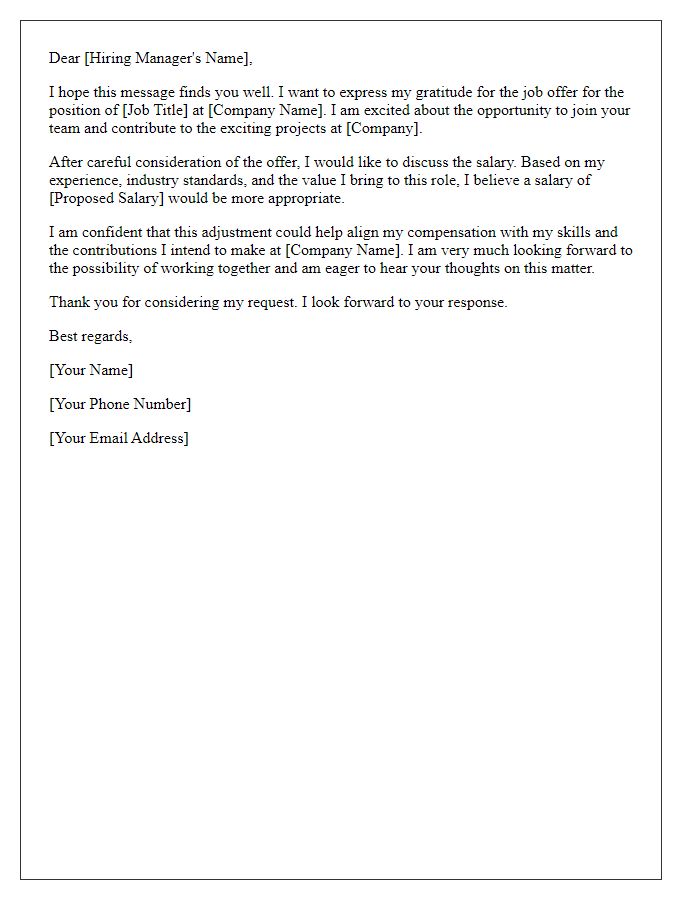
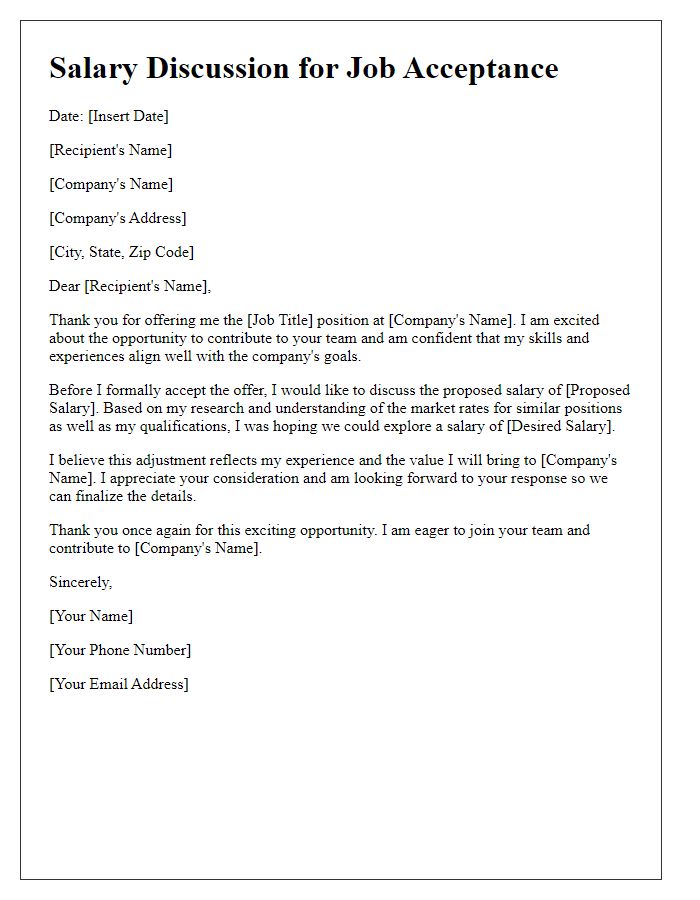
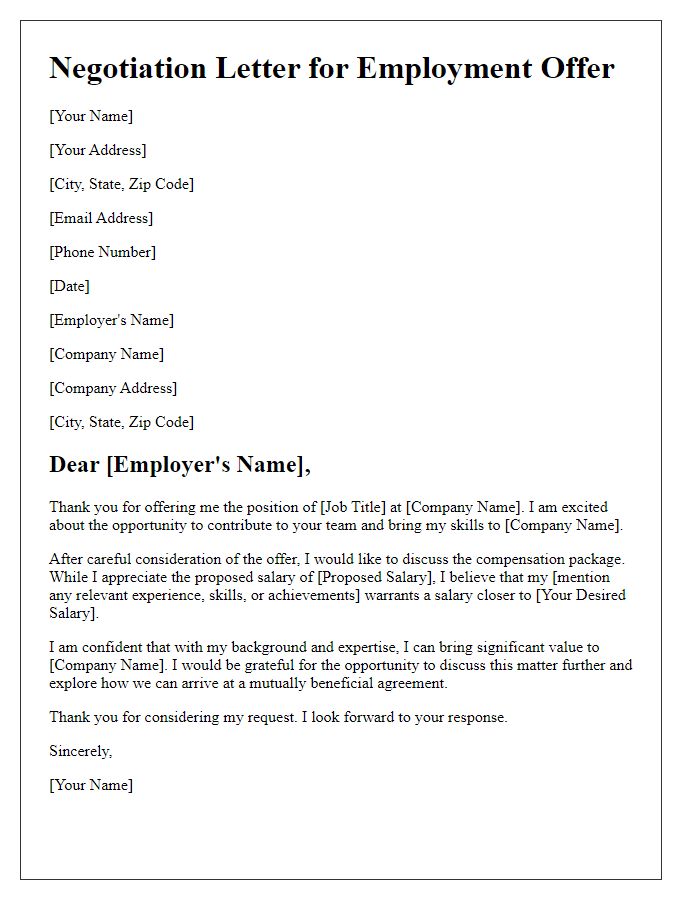
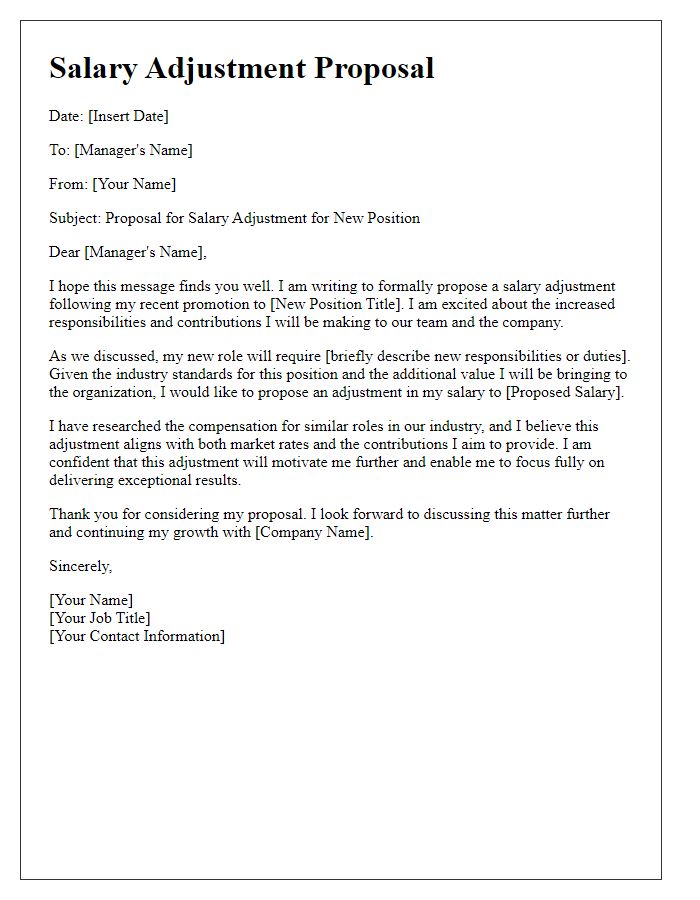
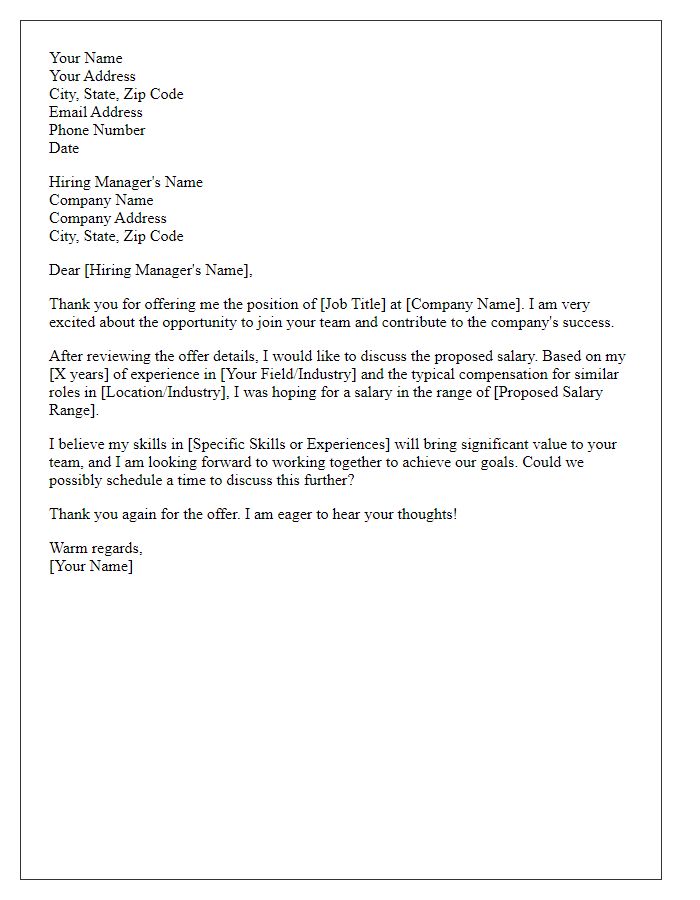
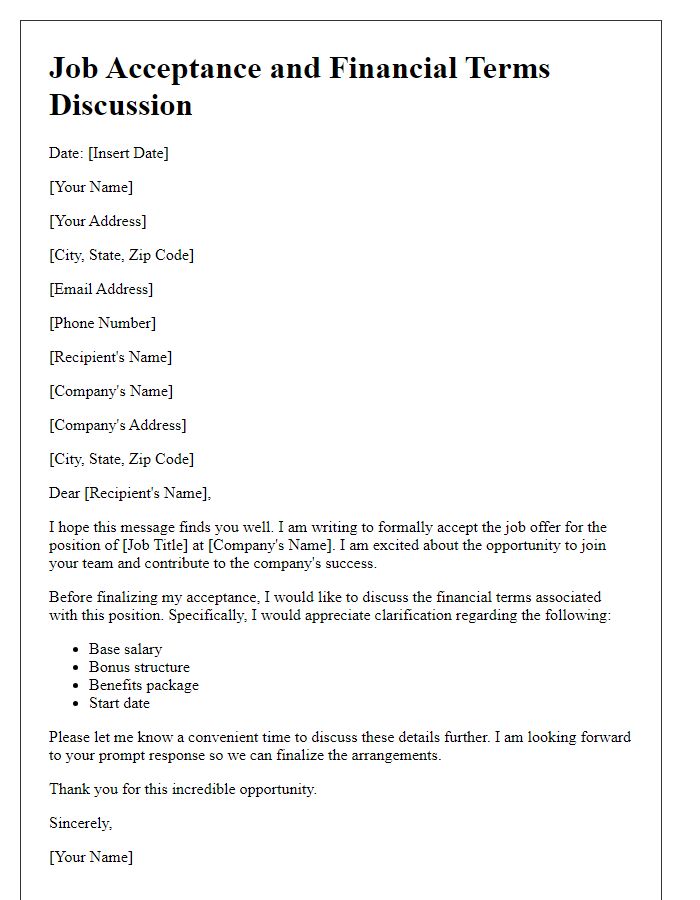
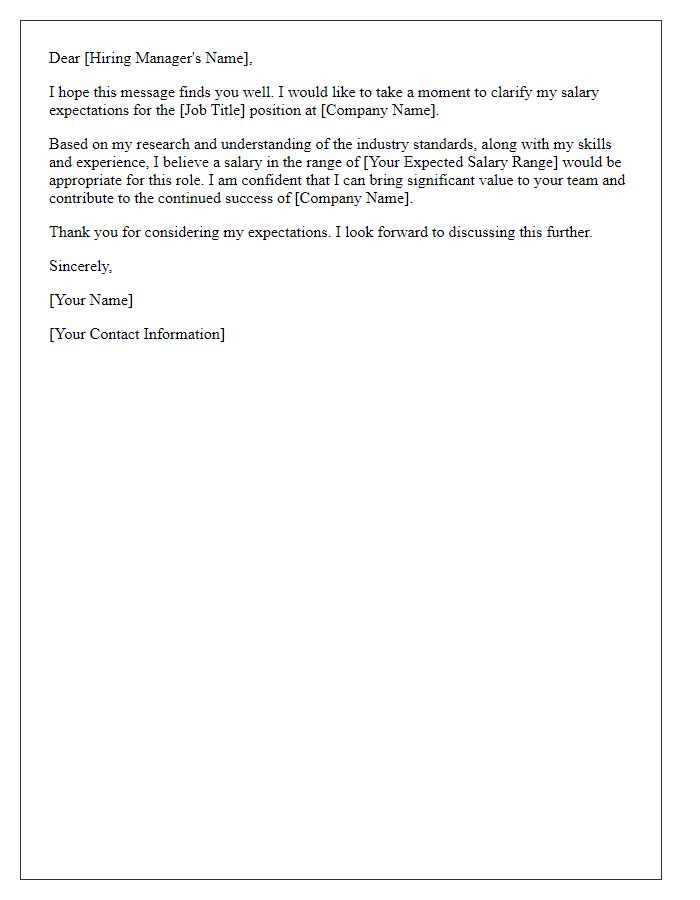
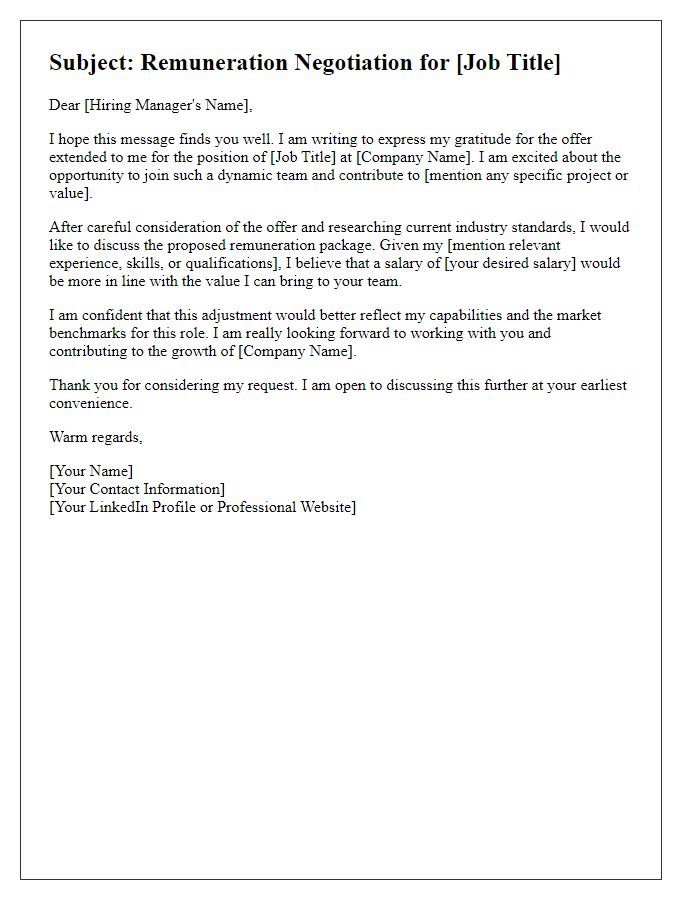
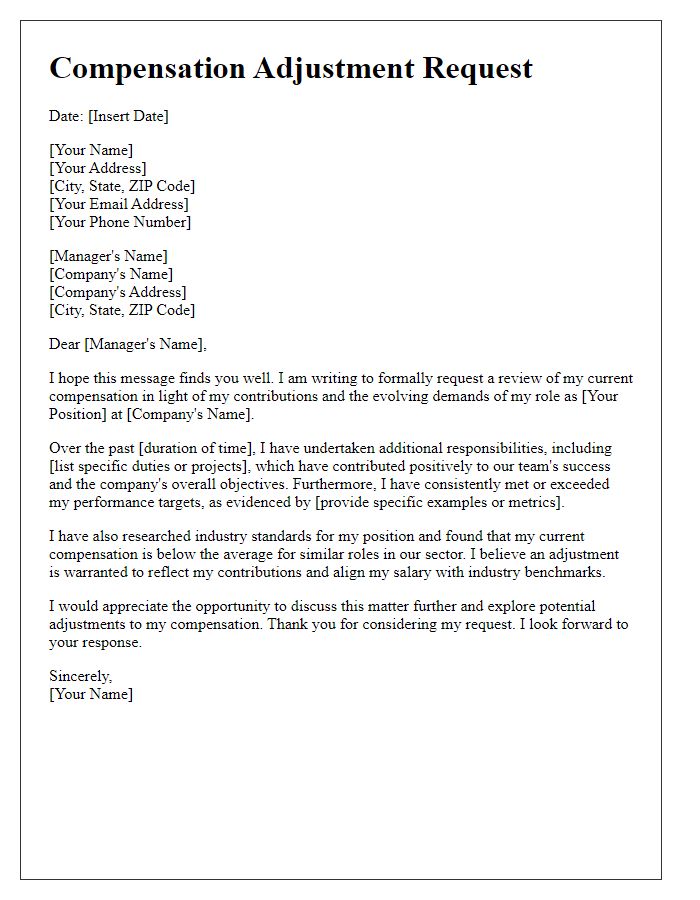
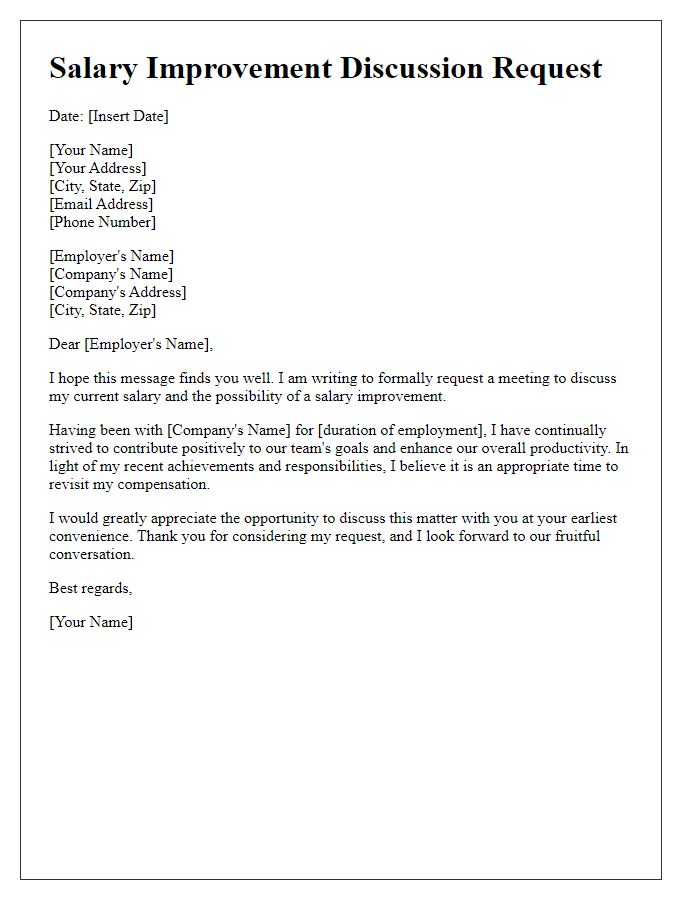


Comments